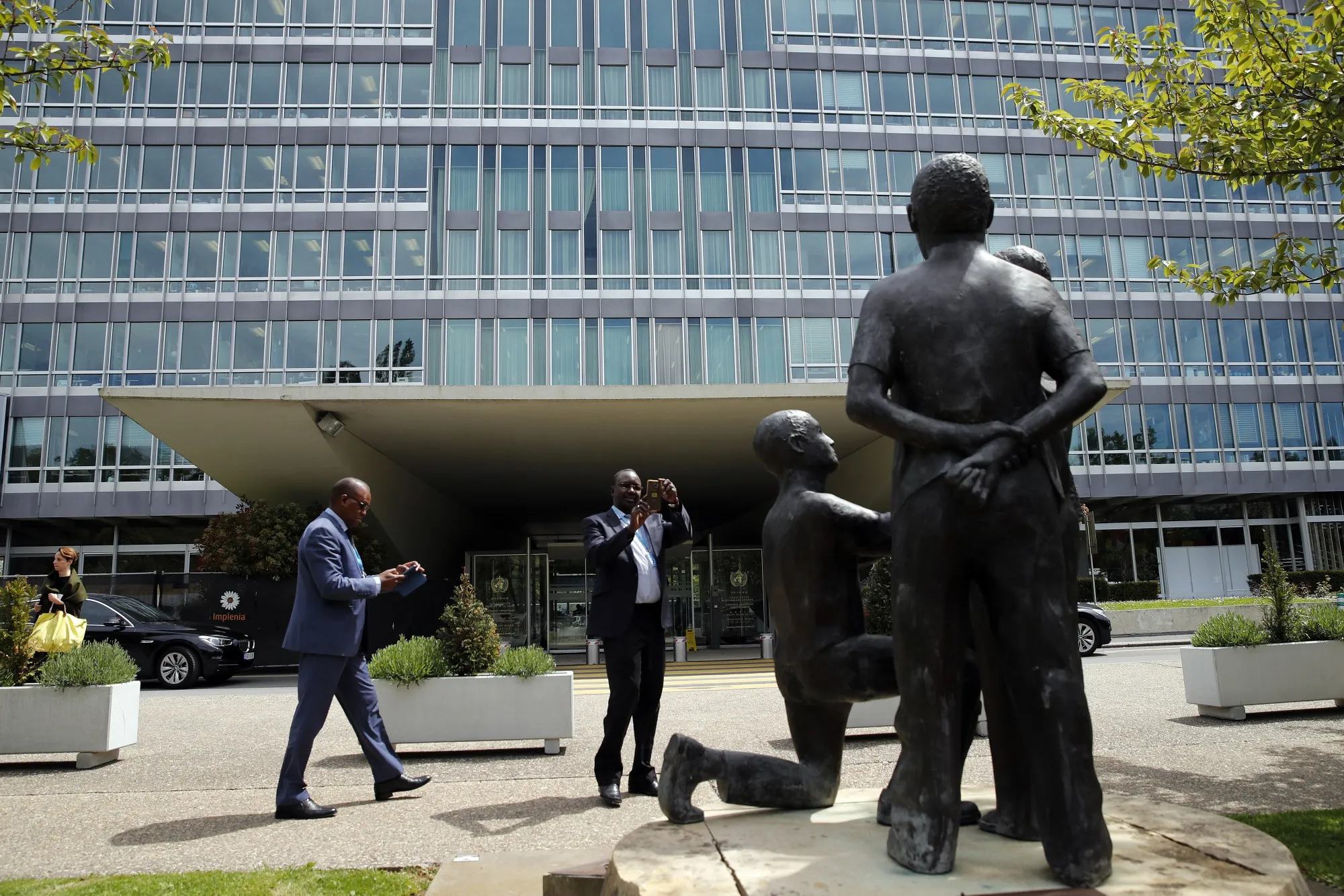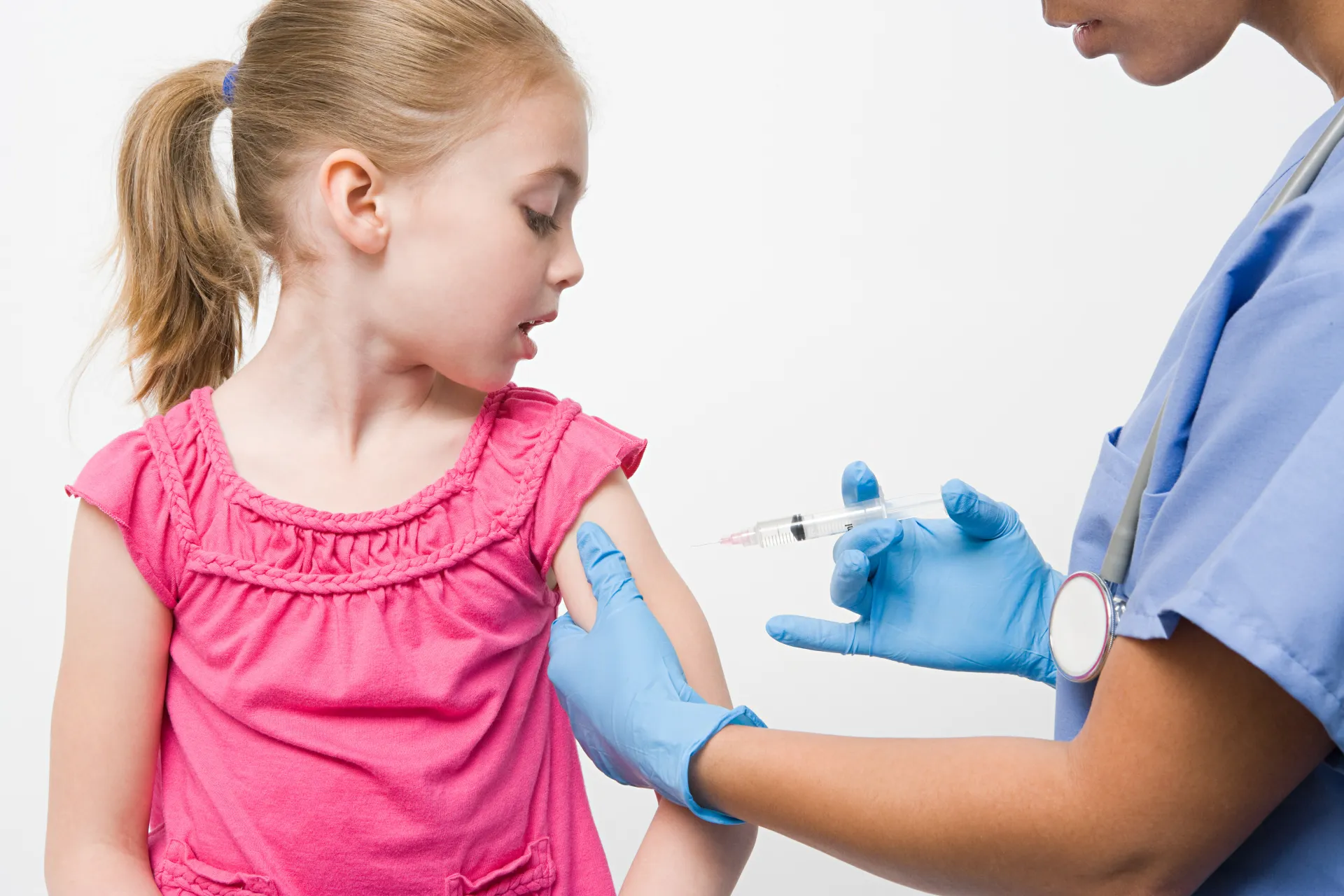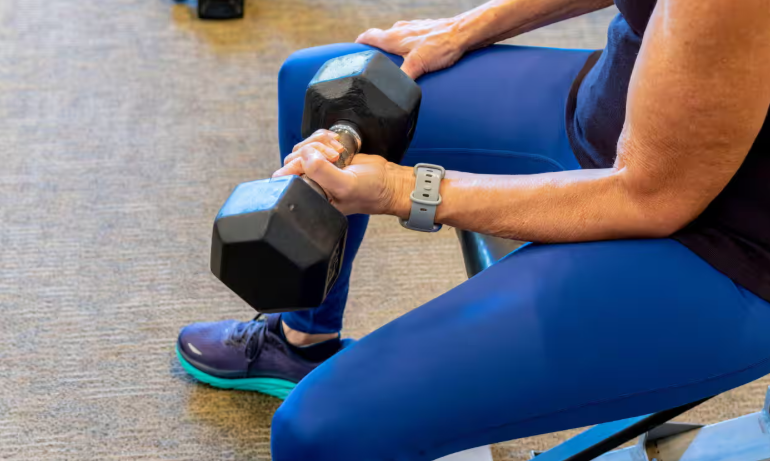A recent study has found that strong muscles and good physical fitness may play a key role in reducing the risk of death from cancer, potentially cutting the risk by nearly half.
Researchers suggest that incorporating tailored exercise plans for cancer patients could improve survival rates, highlighting the importance of physical strength in cancer care.
Over the years, advancements in cancer treatment, better access to care, and greater awareness of the disease have significantly reduced cancer-related deaths. However, the side effects of treatments, including impacts on muscle strength and cardiovascular health, can continue to affect the prognosis for many cancer patients.
In a large-scale analysis involving almost 47,000 patients across various types and stages of cancer, the study found that muscular strength and cardiorespiratory fitness were strongly associated with a lower risk of death. Published in the British Journal of Sports Medicine, the research highlights the importance of physical fitness for improving outcomes in cancer patients.
The study, conducted by Edith Cowan University in Australia, analyzed 42 relevant studies and found that patients with strong muscles and better fitness levels were 31% to 46% less likely to die from any cause compared to those with lower levels of fitness. This benefit was particularly pronounced in patients with advanced-stage cancers, such as those in stages 3 and 4, and those with lung or digestive cancers, where the reduction in mortality risk ranged from 8% to 46%.
The researchers suggest that incorporating muscle-strengthening activities could be an effective strategy to improve life expectancy for cancer patients, particularly those in more advanced stages of the disease. They also note that assessing muscle strength might become an important tool in predicting mortality risk for cancer patients, paving the way for targeted fitness interventions.
In addition to this study, another published paper explored the combined impact of maintaining a healthy waistline and regular exercise on reducing cancer risk. The study, which involved over 315,000 participants, revealed that exercising and keeping waist circumference within the recommended limits are both crucial in minimizing cancer risk. Simply meeting one of these guidelines was not as effective as adhering to both.
Cancer experts are increasingly emphasizing the importance of a holistic approach to cancer prevention and survival. Dr. Helen Croker, from the World Cancer Research Fund, stated that lifestyle changes like maintaining a healthy weight, staying active, and eating a balanced diet can have a significant long-term impact on reducing cancer risk.
Moreover, Cancer Research UK has announced a £10 million initiative to use artificial intelligence and analytics to enhance early cancer detection and prevention. This data-driven approach aims to offer personalized support to individuals based on their risk factors, enabling more frequent or earlier screenings for high-risk patients while reducing unnecessary tests for others.
With input from the Guardian and the Daily Mail.









